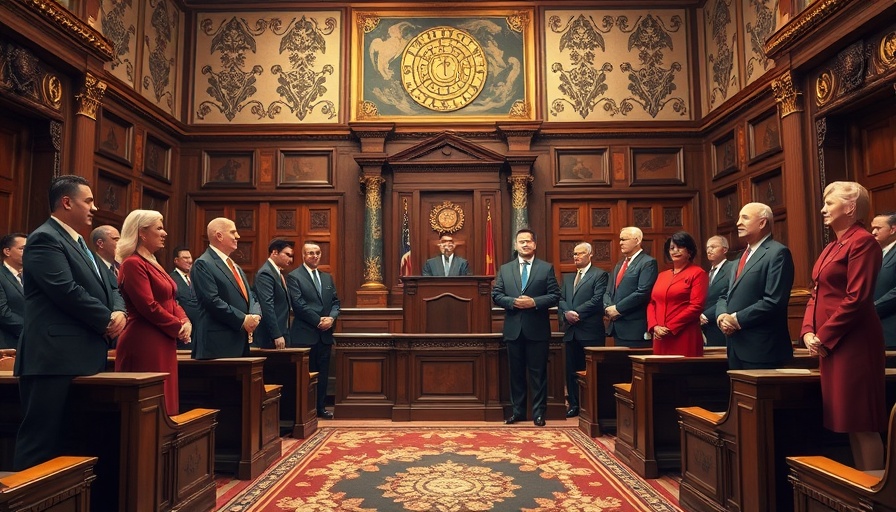
Montana's Hospital Lobbying: A Barrier to Legislative Oversight
In a striking display of political power, Montana's hospitals have successfully resisted efforts from state senators to impose stricter oversight on Medicaid expansion funding. Scheduled for key debates this legislative session, conservative legislators aimed to enhance transparency and accountability among hospitals benefiting significantly from taxpayer money.
Examining the Power Dynamics in Montana Politics
Republican leaders expressed frustration at the unwavering resistance from hospital lobbyists, who have effectively blocked proposals aimed at regulating hospital practices. Legislative leaders called for measures like price caps and accountability concerning "community benefits," services offered by hospitals for free or at discounted rates. Such initiatives have not only been abandoned but were criticized by lawmakers as the hospitals leveraged their influence.
The Fight for Transparency: Community Benefits Under Scrutiny
Montana’s hospitals, the majority of which operate as nonprofits, usually enjoy exemptions from state income and property taxes. Despite this status, lawmakers wanted to audit these community benefits. However, the lobbyists swiftly diminished such proposals, leading to frustration among legislators like Republican Sen. Greg Hertz, who lamented the lack of cooperation from hospitals on discussions about healthcare transparency.
Implications for Healthcare Policy and Reform
As hospitals maintain a stance of cooperation in discussing health care improvements, their political maneuvers suggest a reluctance to accept regulations perceived as burdensome. This dynamic reflects a broader tension between the interests of healthcare providers and those advocating for consumer protection and affordable healthcare access.
Navigating Health Policy: The Role of Hospital Lobbyists
The influence of Montana's hospitals in legislative arenas showcases the nuanced relationships within state governance. With hospitals employing a huge workforce and multiple lobbyists, their monopoly on healthcare interests complicates efforts for more equitable health policies. Montana Hospital Association president Bob Olsen insists that the hospitals are eager to engage with critics, but many lawmakers feel their requests for collaboration are repeatedly sidestepped.
 Add Row
Add Row  Add
Add 




Write A Comment